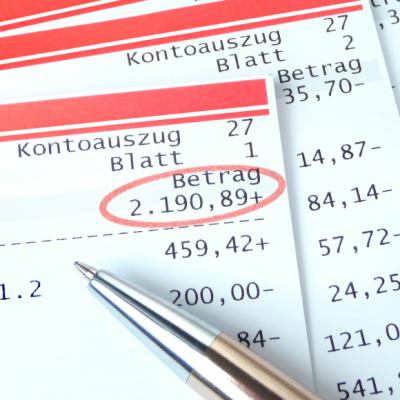The high inflation rate in Germany is hitting low-income families the hardest, according to a study by the Institute for Macroeconomics and Economic Research (IMK) of the Hans-Böckler Foundation. The study, based on data from the Income and Consumption Survey of the Federal Statistical Office, found that the inflation rate in May 2022 was 7.9%, with the household-specific basket of goods for low-income families increasing by 8.9%. In contrast, the inflation rate for the household-specific basket of goods for high-income singles was only 6.5%. The study also found that single parents with medium incomes and families with two children and medium incomes were also significantly affected by the inflation rate.
The main drivers of inflation were household energy, fuel, and food, which are essential expenses for low-income families. These categories accounted for 6.6% of the household-specific inflation rate of 8.9% for families with two children and low incomes, while for high-income singles, they accounted for only 3.5% of the household-specific inflation rate of 6.5%. The study’s authors, IMK Director Prof. Dr. Sebastian Dullien and inflation expert Dr. Silke Tober, explained that the rise in energy prices is hitting low-income households disproportionately hard, and the increase in food prices is also having a significant impact.
The study also found that the inflation gap between poorer families and wealthy singles had tripled since February 2022, with a difference of 2.4% in May. The authors predict that this trend will continue in the coming months. The study highlights the urgent need for policymakers to address the impact of inflation on low-income families and to implement measures to mitigate its effects.










